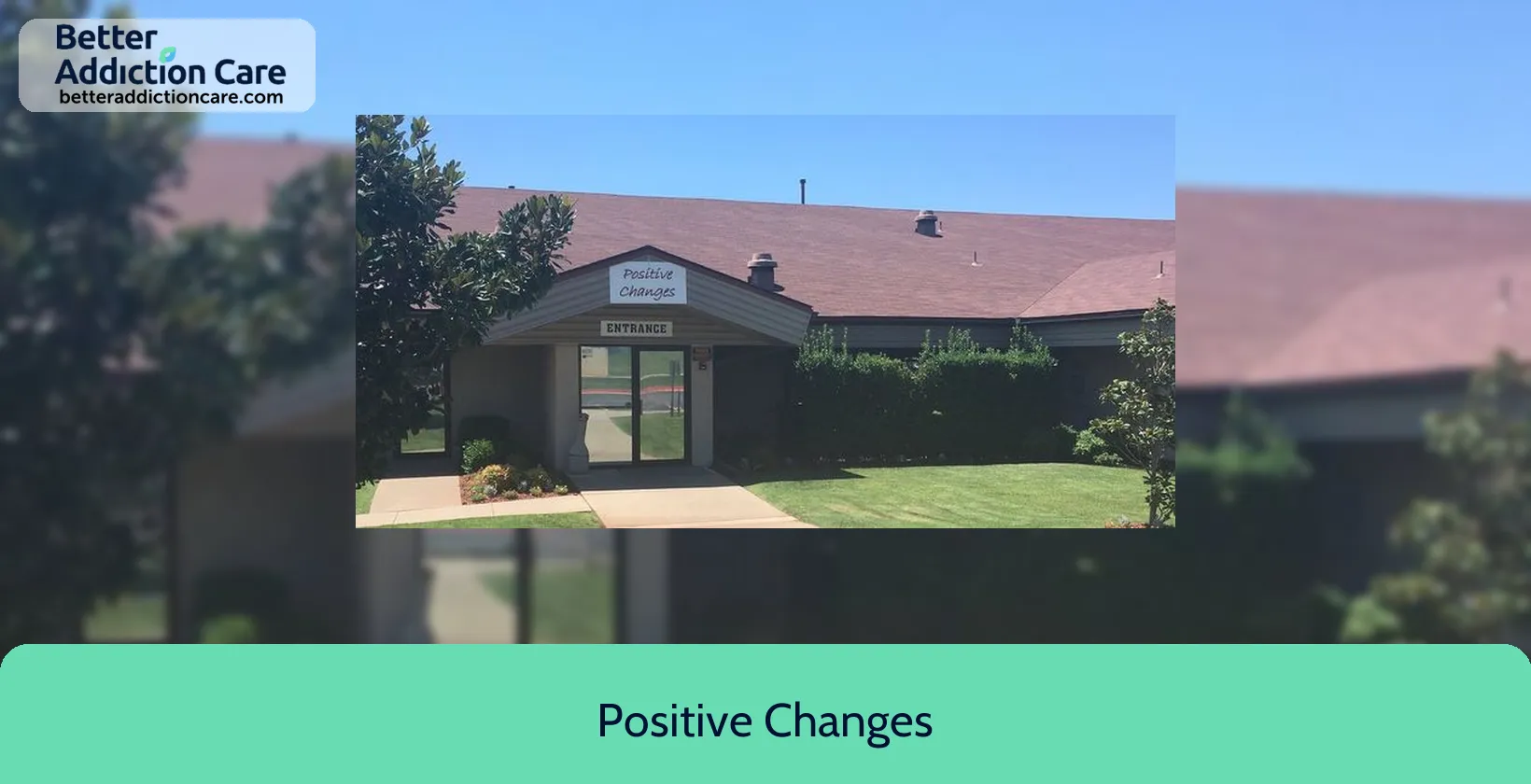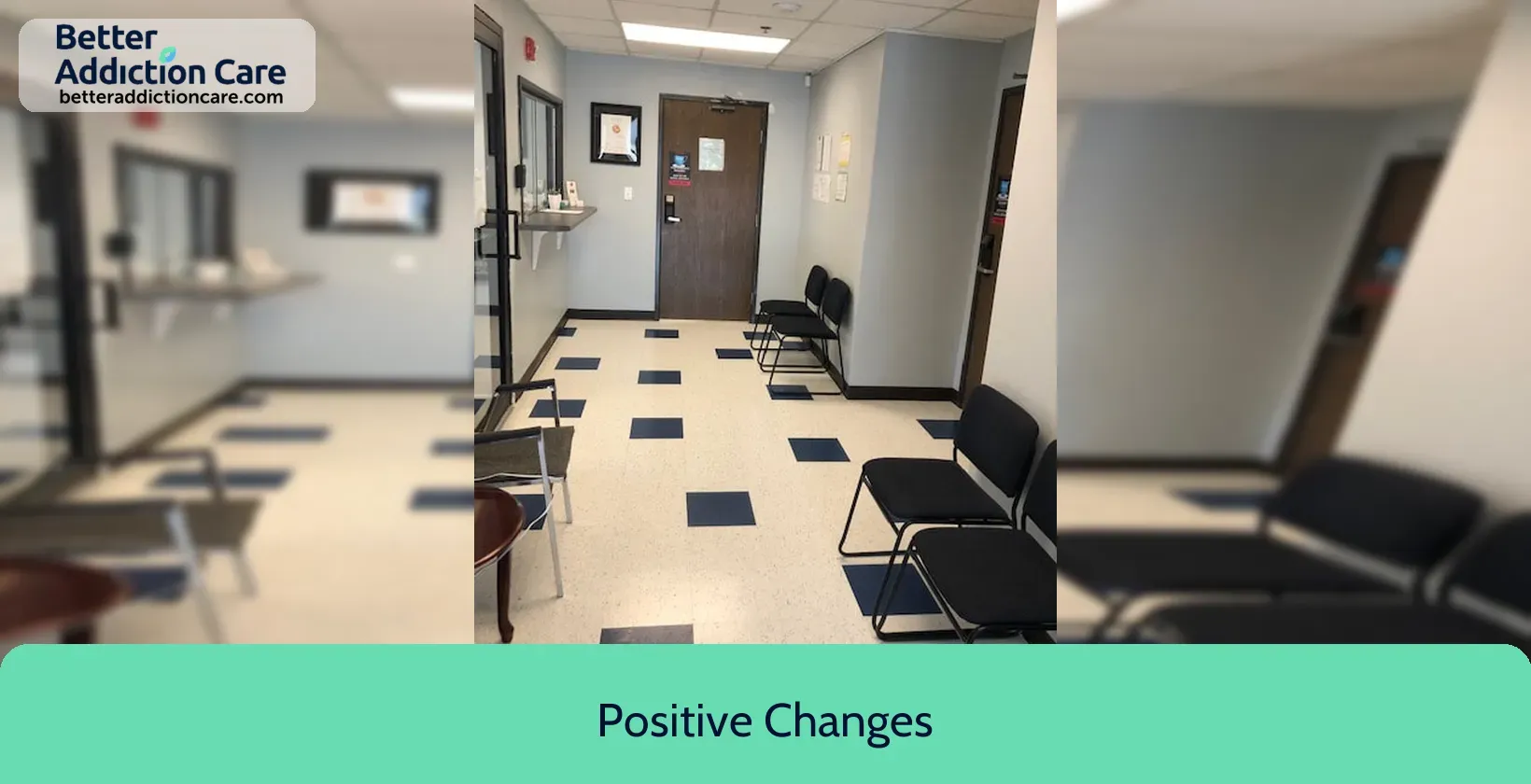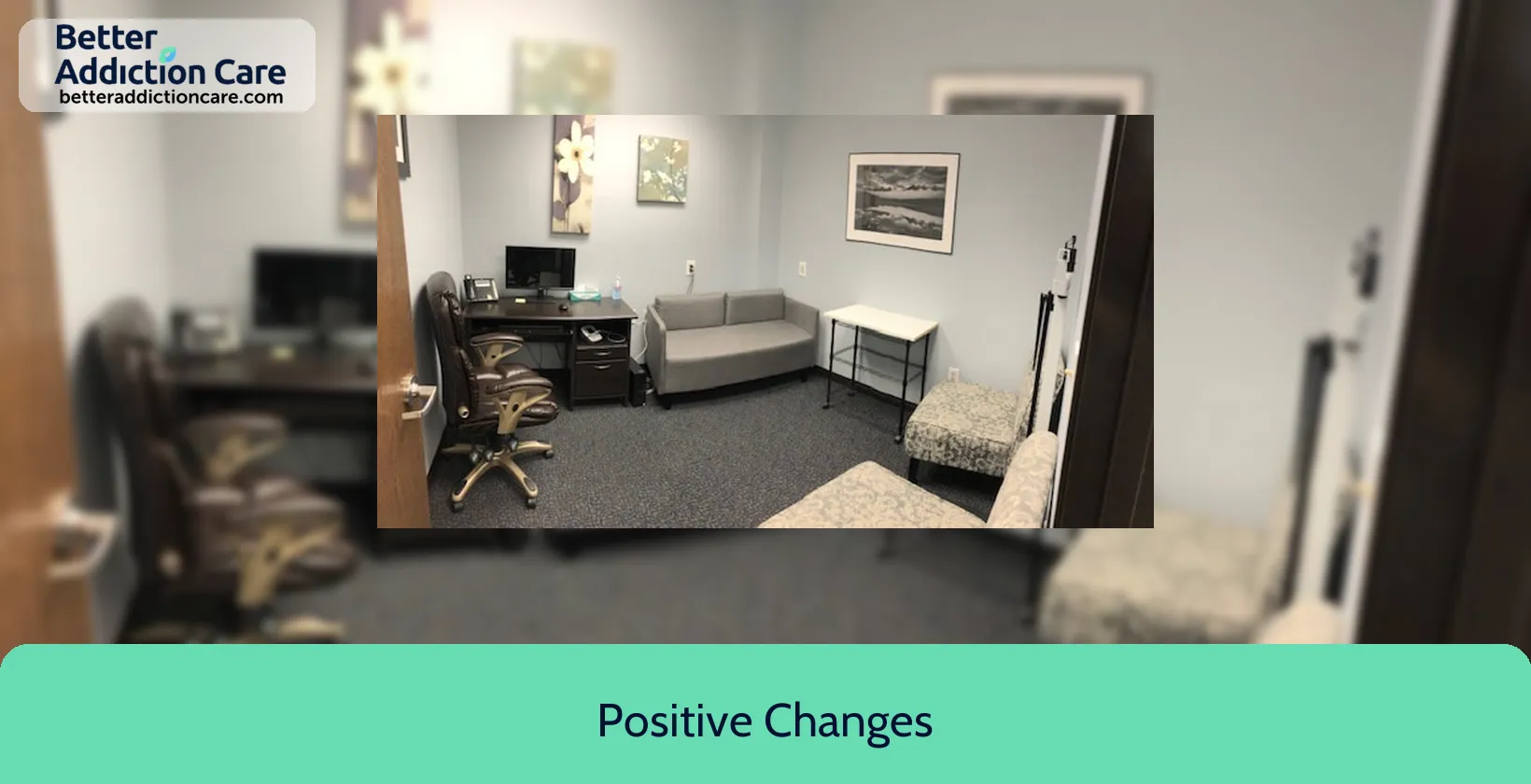Positive Changes
Overview
Positive Changes is a mental health treatment center for people seeking treatment near Oklahoma County. As part of their treatment modalities for recovery, Positive Changes provides couples/family therapy, group counseling, and cognitive behavioral therapy during treatment. Positive Changes is located in Oklahoma City, Oklahoma, accepting cash or self-payment for treatment.
Positive Changes at a Glance
Payment Options
- Cash or self-payment
- Medicaid
- Private health insurance
- Federal military insurance (e.g., TRICARE)
- State welfare or child and family services funds
Assessments
- Comprehensive mental health assessment
Age Groups
- Children/adolescents
Ancillary Services
- Case management service
- Education services
- Family psychoeducation
- Psychosocial rehabilitation services
- Suicide prevention services
Highlights About Positive Changes
6.65/10
With an overall rating of 6.65/10, this facility has following balanced range of services. Alcohol Rehabilitation: 8.00/10, Drug Rehab and Detox: 6.00/10, Insurance and Payments: 6.00/10, Treatment Options: 6.61/10.-
Alcohol Rehabilitation 8.00
-
Treatment Options 6.61
-
Drug Rehab and Detox 6.00
-
Insurance and Payments 6.00
Treatment At Positive Changes
Treatment Conditions
- Mental health treatment
Care Levels
- Partial Hospitalization Program
- Outpatient
Treatment Modalities
- Couples/family therapy
- Group counseling
- Cognitive behavioral therapy
- Dialectical behavior therapy
- Activity therapy
Ancillary Services
Special Programs
- Members of military families
- Clients who have experienced trauma
- Children/adolescents with serious emotional disturbance (SED)
- Persons with post-traumatic stress disorder (PTSD)
- Persons 18 and older with serious mental illness (SMI)
Get Help Now
Common Questions About Positive Changes
Contact Information
Other Facilities in Oklahoma City

6.99

7.06

6.97

6.83
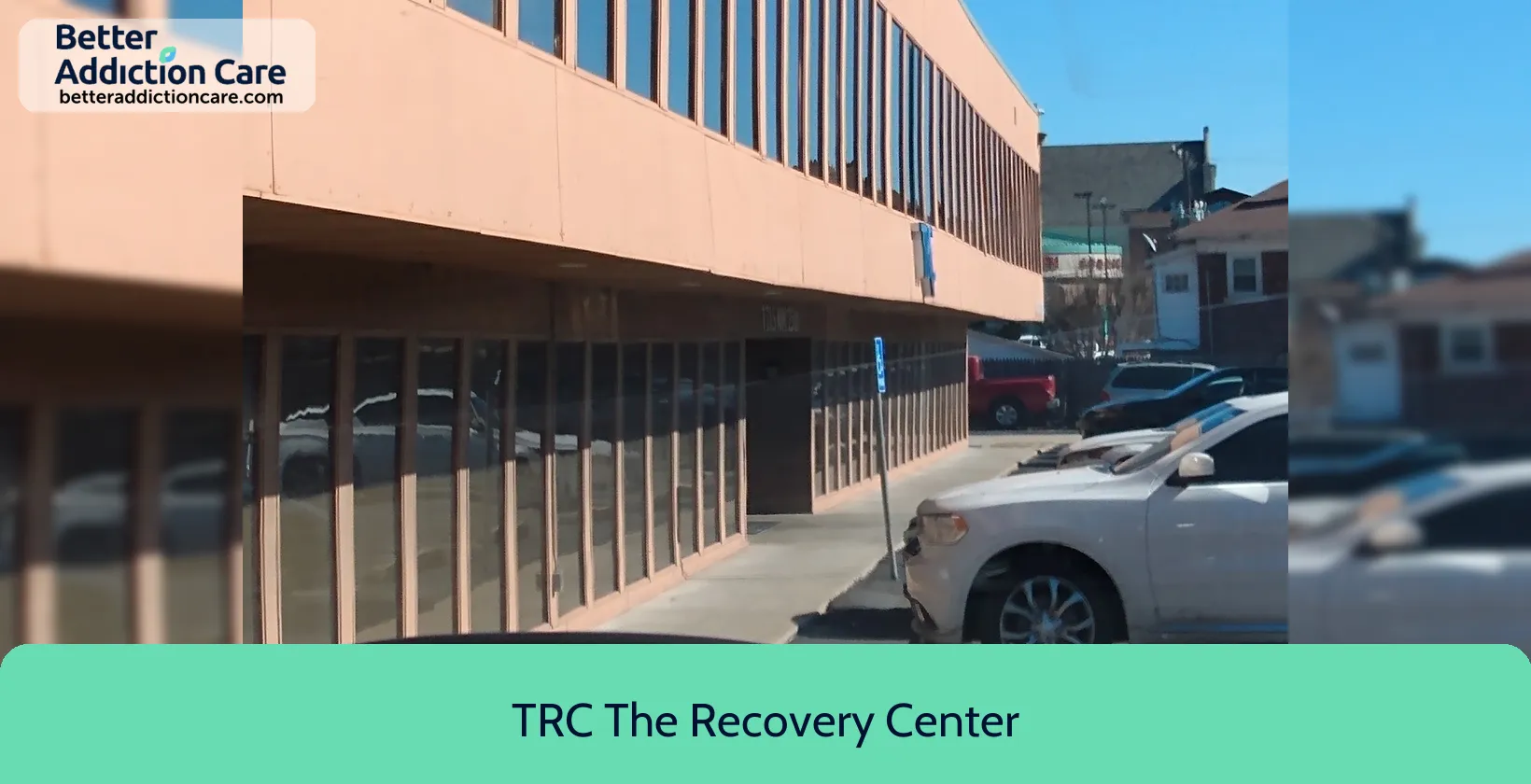
7.42
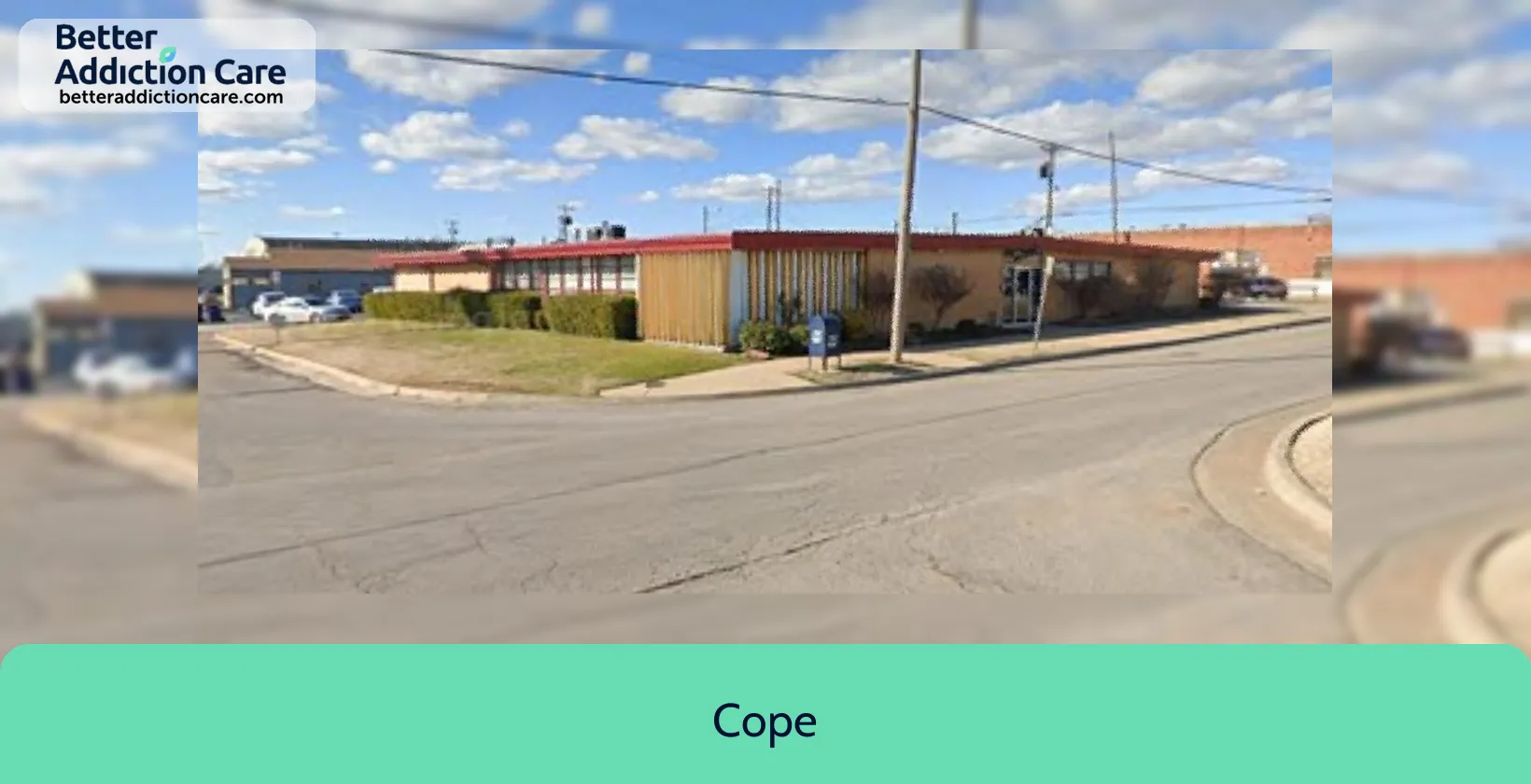
7.23
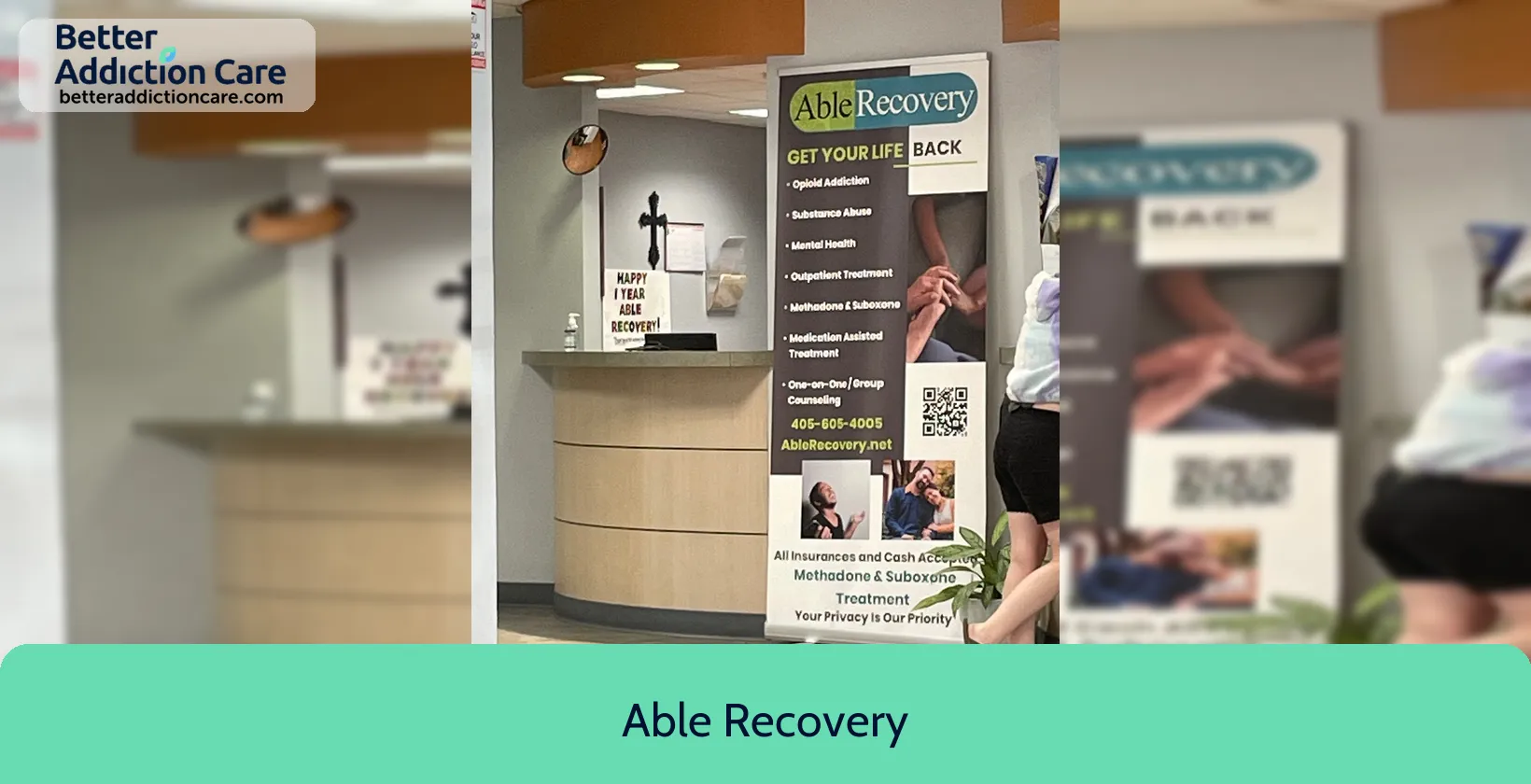
7.40
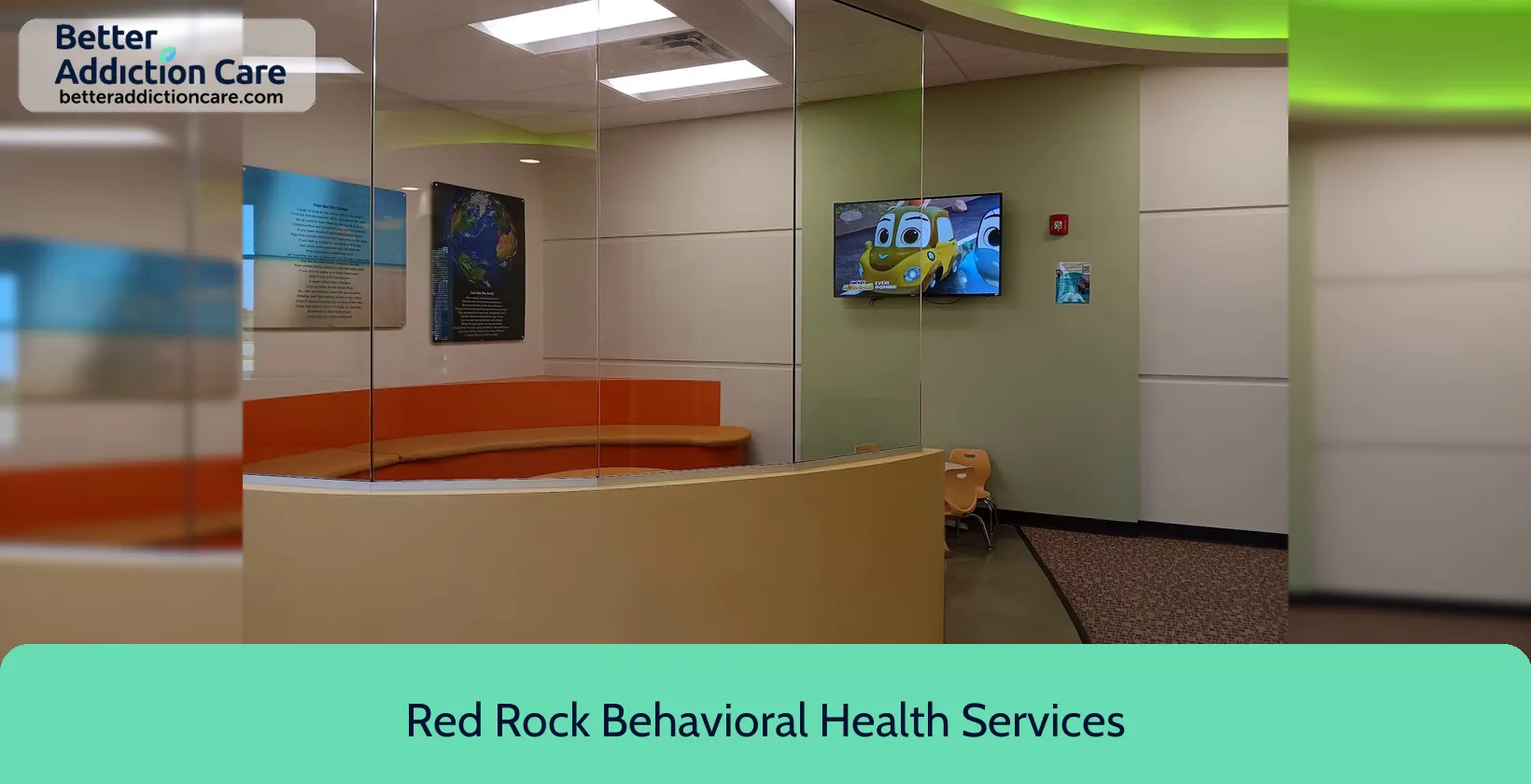
6.59
DISCLAIMER: The facility name, logo and brand are the property and registered trademarks of Red Rock Behavioral Health Services 4130 North Lincoln Boulevard, and are being used for identification and informational purposes only. Use of these names, logos and brands shall not imply endorsement. BetterAddictionCare.com is not affiliated with or sponsored by Red Rock Behavioral Health Services 4130 North Lincoln Boulevard.
